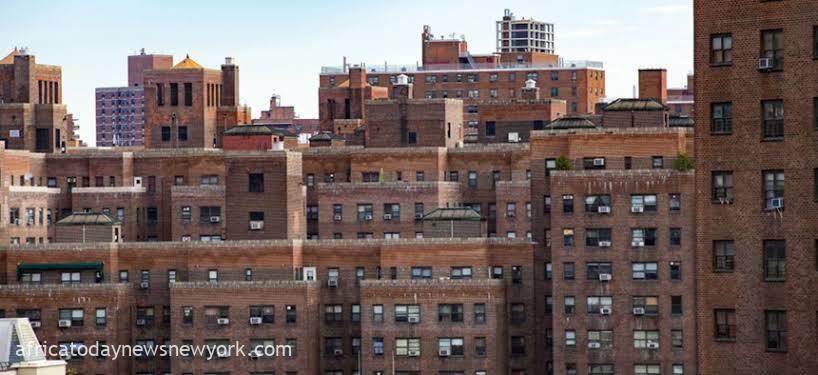In recent development, key players within New York State’s Senate are poised to introduce a far-reaching bill on Monday, designed to stimulate new building projects, fortify tenant protections, and reinvigorate past efforts towards affordable housing development.
Notably, one of the proposals includes establishing a novel public benefit corporation tasked with financing housing construction on state-owned land—a move framed by leaders as a modern successor to the esteemed midcentury Mitchell-Lama program.
Rising rents and a homelessness crisis worsened by an influx of migrants have thrust New York into a precarious situation. While there’s a general consensus on the need for state intervention, leaders are struggling to broker a compromise that could unite a fragmented coalition of stakeholders behind a housing program tailored to meet the state’s pressing needs.
There’s optimism among Senate lawmakers that by incorporating cherished ideas from tenant groups, unions, and significant developers, this year’s proposal could be the key to unlocking the stalemate.
In the prior year, Governor Kathy Hochul put forth an ambitious vision aimed at pressuring suburbs and other communities to accommodate more development, among other pro-growth measures. Nonetheless, lawmakers representing varied constituencies hesitated, resulting in limited headway.
The Senate’s forthcoming proposal, slated to be revealed within its One House budget bill on Monday, represents the initial step in the forthcoming budget talks: Every year, the governor and both legislative branches outline their distinct visions for the state. Albany leaders must finalize an agreement by the April 1 budget deadline.
Read also: Trump Ordered To Pay $355m In New York Civil Fraud Case
Senate Majority Leader Andrea Stewart-Cousins emphasized that a successful strategy should incentivize extensive new development while simultaneously offering support to both landlords and tenants.
She stressed the need for a “big idea” capable of comprehensively tackling affordability issues for generations of New Yorkers.
“I want my kids and grandkids to be able to hang around,” she said. “I want to be able to hang around!”
The Senate’s plan will include a new developer tax break with more robust affordability provisions than its predecessor, the expired 421a program.
Detractors labeled the previous program as a boon for developers, enabling them to pocket millions of dollars in tax write-offs while only constructing a fraction of units with reduced rents.
However, since its expiration, construction activity has dwindled, emphasizing the necessity of enticing developers back to the negotiating table.
To engage the left wing of the party, it’s imperative to include “good cause eviction” legislation, a longstanding progressive objective.
According to Senate leaders, a comprehensive housing package must include some variant of this legislation, which curbs landlords’ eviction authority, mandates automatic lease renewals for the majority of landlords, and requires them to justify rent increases above 3 percent.
However, the legislation, criticized by landlord groups who argue it would stifle development and impede property maintenance, remains divisive, especially within the State Assembly. To be included in the budget, an item must garner support from both chambers of the Legislature, as well as the governor.
Although Governor Hochul has voiced backing for tenant safeguards, she has been hesitant to embrace the “good cause” legislation, a stance that influenced the breakdown of last year’s housing agreement.
The upcoming proposal slated for introduction on Monday also encompasses smaller yet impactful measures, including advocating for more extensive construction of larger residential buildings in Manhattan and the legalization of basement units.
These initiatives hold top priority on the wish lists of city officials and housing advocates alike.

